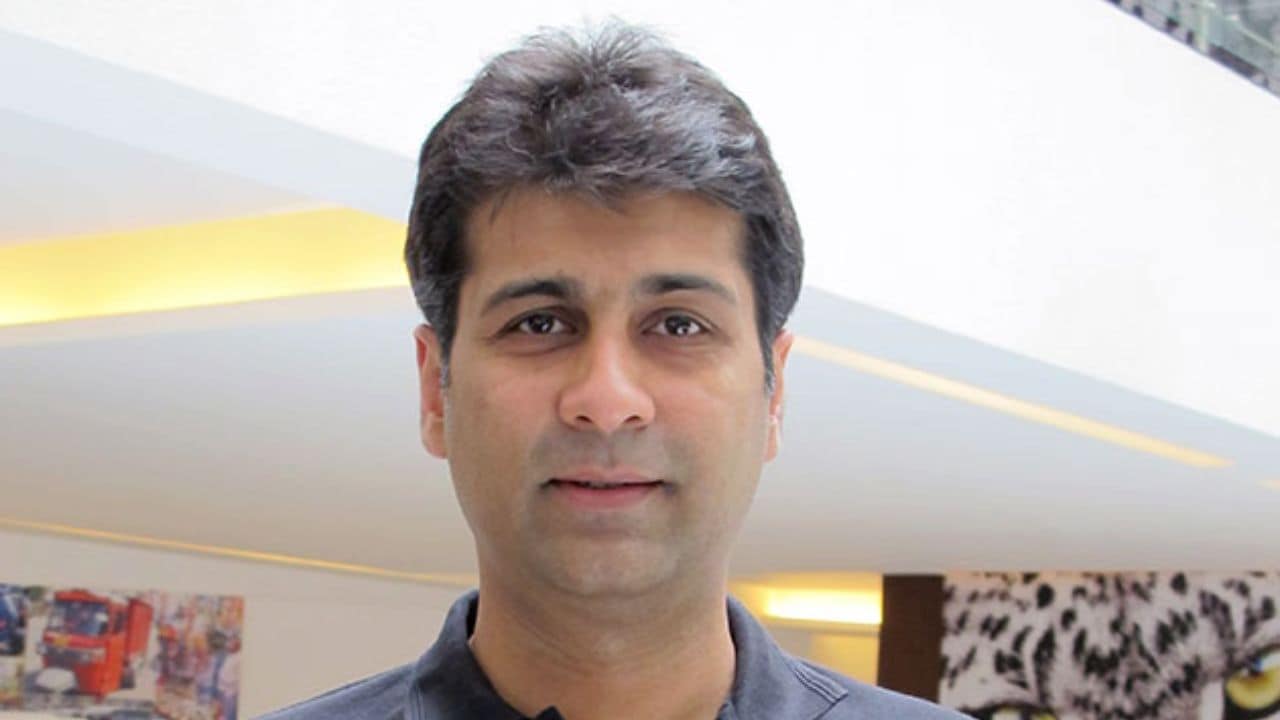Rajiv Bajaj, Managing Director of Bajaj Auto Limited, revealed profound insights on leadership, identity, and sustainability. Bajaj, a keen admirer of the polymath Vaclav Smil, shared five guiding principles that drive the former’s approach to leadership and product innovation.
1. Read Widely and with Maximum Curiosity
Bajaj emphasized the importance of broad and curious reading to fuel innovative thinking, citing that his own motorcycle strategy was influenced as much by any traditional industry knowledge. “Learning from yoga and homeopathy has taught me how to make a better motorcycle,” he noted. “Keep learning, read widely, and with maximum curiosity,” he added.
2. Prioritize Reality Over Theory
Known for his pragmatic approach, Bajaj stressed the need to prioritize being practical and keeping reality first and theory last.
3. Detach from Money and Status
For Bajaj, wealth and title are distinct from personal identity. He shared his belief that a relentless focus on excellence in one’s work will naturally attract financial success and recognition. “Chase excellence, and money and fame will chase you,” he asserted, advocating a detached approach to personal achievements.
4. Manage your Identity
Bajaj spoke about the importance of self-awareness in leadership, offering an anecdote about a well-known businessman who ventured from brewing beers to launching an airline. This, he argued, illustrates the need for leaders to remain grounded, know who they are and, keep their focus.
5. Be Committed
True commitment, Bajaj said, comes from having “skin in the game.” Highlighting Bajaj Auto’s recent launch of the world’s first CNG motorcycle, he underscored the importance of personal investment in one’s vision, which not only aligns with sustainable practices but also meets the needs of the common man.
Beyond these principles, Bajaj provoked further insight into the evolving role of CEOs, remarking, “The job of the CEO is to find the future in the current activities.” For him, effective leadership involves aligning the organization toward a purpose that transcends present operations, ensuring everyone shares a common vision.
Bajaj also cautioned startups against adopting a “burning strategy,” common among “upstarts,” who lack a clear growth plan. He emphasized the importance of building brands, products, and technology.
Bajaj drew a distinction between startups, upstarts, and champions, noting that established companies like Wipro and Bajaj are essentially startups with a proven track record, having built a successful story over time.
On a lighter note, he shared a memorable exchange with ad legend Piyush Pandey, who once told Bajaj, “Farak bohot hai aapke aur humaare taalim mein, aapne ustaado se seekha hai aur humne haalaato se” (There is a lot of difference between your and my education, you learned from the masters and we learned from the circumstances).
In a nod to Bollywood, Bajaj referenced a phrase famously shared by Shah Rukh Khan: “Jo Kuch Nahi Karte, Wo Kamaal Karte Hai” (Those who do nothing, create wonders).
